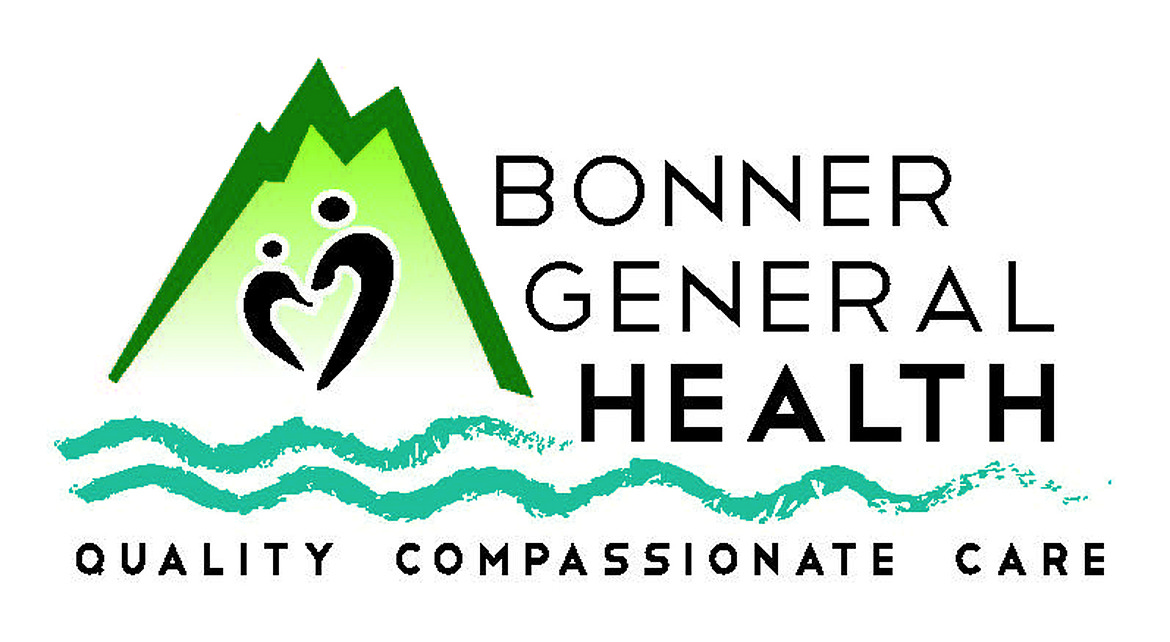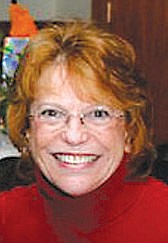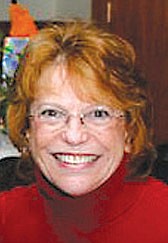Losing your sense of smell stinks
Gary was hit in the head by a fast pitch when he was nine or ten and, as a result, lost his sense of smell. Fred has a chronic sinus disease that required several surgeries, resulting in losing his sense of smell. And Lorraine had a severe bout of COVID-19 last year and, so far, hasn’t regained her ability to smell and questions whether she ever will.
It can happen to anyone. And, at some point, it happens to almost everyone. Although typically temporary, it occurs when we have a head cold, sinus infection, chronic sinusitis, COVID-19, hay fever, influenza, nonallergic rhinitis (chronic congestion or sneezing not related to allergies), or if we’re smokers.
The National Institutes of Health says that approximately one in eight Americans over forty years old have measurable dysfunction in their sense of smell. “Approximately three percent of Americans have anosmia (no sense of smell) or severe hyposmia (minimal sense of smell).”
WebMD says that without a sense of smell, food tastes different. This can lead to poor appetite and malnutrition. And it’s not just about the enjoyment of life; having no sense of smell can affect health and safety.
Gary was a petroleum engineer in oil refineries. He said that having no sense of smell was often a good thing because those places stink. The downside was that if there was a chemical or gas leak, he wouldn’t know it. Others with anosmia might accidentally drink sour milk or something worse.
WebMD says that our sense of smell is driven by specific processes. “First, a molecule released from a substance (such as fragrance from a flower) must stimulate special nerve cells (called olfactory cells) found high up in the nose. These nerve cells then send information to the brain, where the specific smell is identified. Anything that interferes with these processes, such as nasal congestion, nasal blockage, or damage to the nerve cells themselves, can lead to loss of smell.”
Unless you know the cause, losing your sense of smell could be a sign of a serious medical condition. So, call your primary care provider and get it checked out.
These conditions might include small nasal polyps, noncancerous growths in the nose, and sinuses that block the nasal passage. Like Gary and Fred, an injury to the nose and smell nerves from surgery or head trauma can be the cause, as can exposure to toxic chemicals, such as pesticides or solvents.
Look at the side effects of all your medications. Certain ones, such as antibiotics, antidepressants, anti-inflammatory medications, heart medications, and others, can cause anosmia. If you suspect this is the case, call your healthcare provider right away. Never, not under any circumstances, stop taking the medication before talking to the medico. Got it?
“Certain medical conditions, such as Alzheimer’s disease, Parkinson’s disease, multiple sclerosis, nutritional deficiencies, congenital conditions, and hormonal disturbances can cause anosmia,” WebMD said.
Smoking can often alter your sense of smell, and it can mask it, so this is an excellent time to stop. And, while you’re at it, quit abusing cocaine which can also cause anosmia.
“Like vision and hearing, your sense of smell can become weaker as you age. In fact, one’s sense of smell is most keen between the ages of thirty and sixty and begins to decline after age sixty,” WebMD says.
Mayo Clinic has a very long list of conditions that can cause damage or deterioration of the nerves leading to the area of the brain that detects smell. They include radiation therapy, brain aneurysm, surgery or tumor, diabetes, schizophrenia, Sjogren’s syndrome, traumatic brain injury, and zinc deficiency.
“Sometimes a person will regain their sense of smell spontaneously,” WebMD says. “Unfortunately, anosmia is not always treatable, especially if age is the cause. But there are steps you can take to make living with the inability to smell more pleasant and safer. For example, put fire detectors and smoke alarms in your home and office and take extra care with leftovers.”
I think this last be of advice works for all of us. They say, “if you have any doubt about a food’s safety, don’t eat it.” Yeah, right.
Kathy Hubbard is a member of the Bonner General Health Foundation Advisory Council. She can be reached at kathyleehubbard@yahoo.com.



